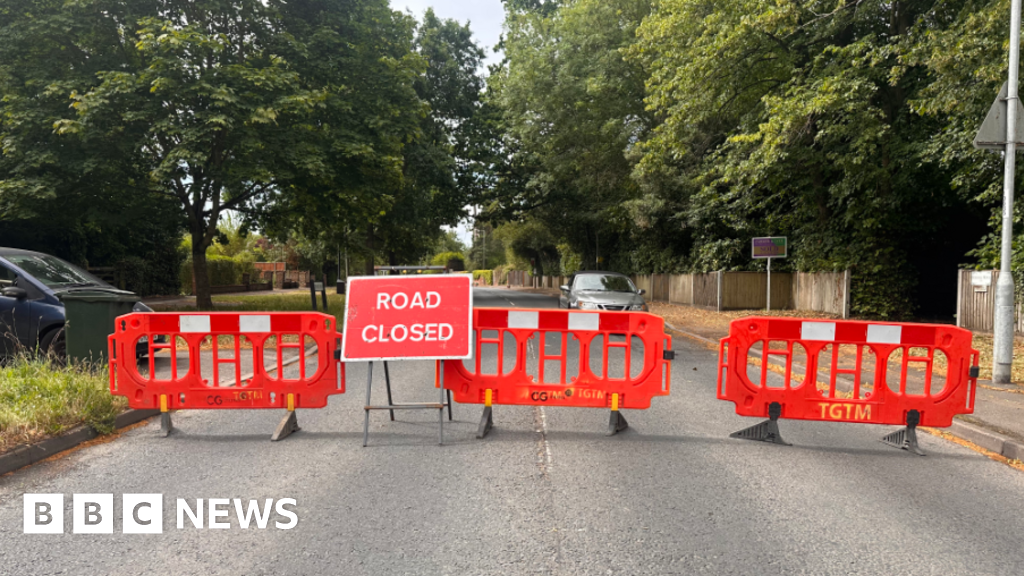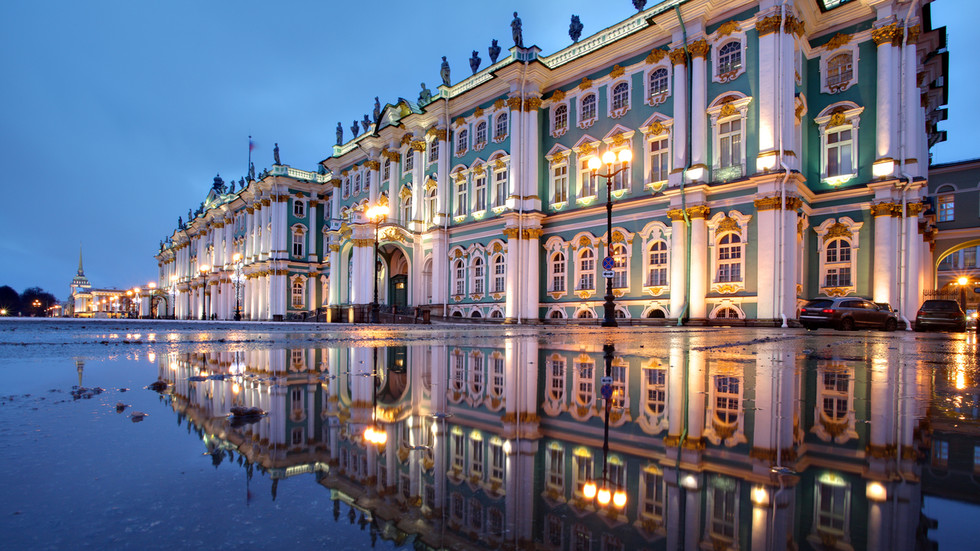The 21st century began with an idea that now seems out of vogue: that a world with less poverty, fewer preventable diseases, cleaner air, and more peace was a world that was better for everyone.
If you’re reading this, you’ve been living through an age of miracles. In your lifetime, challenges that have plagued our species from the beginning have shifted dramatically.
The number of parents burying a child before their fifth birthday has fallen by nearly 60 per cent. Women dying in childbirth has fallen by 40 per cent. Vaccines have reached hundreds of millions. HIV/AIDS, once a death sentence, is being beaten back. Poverty has declined at historic rates.
But now, that vision has fractured. We live in a world dominated by insecurity.
Geopolitics, technological disruption and economic vulnerabilities are all around us. Our societies are experiencing systemic stress resulting in reactions that are akin to a nervous system in survival mode. A lack of economic, political and personal security is leading to a politics of scarcity: one where societies are turning towards economic nationalism, to transactional international relations and an absence of international solidarity.
Yet the world hasn’t become any less interconnected. Pandemic threats, climate shocks, food insecurity and migration – these are not distant problems. They are shared risks. And they demand shared solutions.
This is where the development community has failed. Conversations about development finance are dominated by inputs and institutions: How much should donors give? Through which institutions? At what cost? Is it value for money?
Lost in this arithmetic is a simple, transformative idea: development isn’t something “we” do “for them.” It’s something we do with each other, because it makes all of us safer, stronger, and more resilient.
The age of miracles in global health has happened because we didn’t just fund systems — we have pursued missions, told stories about what’s possible, and built political power to fight for those priorities.
Ban smoking in public places. Get vaccines to every child. Tackle AIDS. Drop the Debt. These weren’t abstract goals. They were visceral, focused, and urgent. And they rallied governments, civil society, and private actors around a common cause.
This approach hasn't been without flaws. It was too focused on top-down approaches, assuming that the experts with the money had the answers.
In a more complex, contested world, we can no longer afford to treat development finance as something rich countries "give" to poorer ones out of benevolence; or that "poorer" countries should be grateful recipients.
Communities need investment at home and abroad. Yet treating this as a zero-sum game that considers only one side of the balance sheet (the costs, not the returns) is the kind of bean-counting that got us here.
The truth is, when finance is well-placed, it helps communities withstand shocks, it prevents conflict, it creates jobs and opportunities. And those investments should be mutually reinforcing.
Clean, cheap energy access in the north of England means fewer emissions and more economic dynamism. But that energy requires critical minerals and innovations that might just emerge from investments in Zambia or Kenya. A healthy, educated population in the Sahel contributes to global security meaning UK troops are less likely to be put in harm’s way. An effective public health system in west Africa helps protect everyone from potential future pandemics and helps the NHS avoid being overwhelmed from its core caseload so it can focus on getting waiting lists down.
And in a world of volatility, richer countries need humility to admit that learning is not a one-way street. The innovations that solve problems in Scotland, Wales, England or Northern Ireland might just emerge from Nairobi’s digital finance scene, from Bangladesh’s community health systems and from those on the front line of the climate crisis who are solving problems as a matter of survival.
As richer countries struggle with a collapse of trust and a decline in social cohesion, there is much they can learn from communities that might be cash-poor but are solidarity-rich.
This is the vision that shaped what is arguably the world’s most successful aid programme – the Marshall Plan - and gave birth to the world’s most successful peace project – the European Union.
A far-sighted vision combined aid for Europe’s reconstruction with preferential trade rules that paved the way for the world’s largest common market. Countries that used to fight were bound by common incentives to make each other more prosperous. This created international trading partners, allies, and an international rules-based order and the most peaceful era the world has ever seen.
As the world’s governments gather in Spain on Monday for the Fourth Financing for Development Conference, they should stop fixating on the plumbing of development finance and start asking what it’s for.
And the answer lies in the core universal values we all share – no matter where we live. The desire for economic, physical, and psychological security and freedom to fulfil our full potential. This depends on access to basic health care, nutritious food, economic opportunities, and the space to express ourselves.
In the jargon of the development finance world, it means aligning concessional finance, policy reform, private capital, and multilateral institutions behind big, audacious goals: resilient health systems, thriving local economies, clean energy access, food security.
This also requires a thriving civil society eco-system, focused on movement-building not service delivery. The progressive left needs to build a transnational solidarity movement, akin to what Steve Bannon has inspired on the political right.
We have done extraordinary things when we’ve had a vision to match our resources.
The tragedy today is not a lack of money (though we could do with more of it, and governments should stop cutting the very programmes that keep us safe). It’s the loss of shared purpose and the mobilisation of communities to fight for the world that they want to live in.
Not out of charity but because it’s in our collective self-interest.
This is the third piece of a series in partnership with ODI Global's Donors in a Post-Aid World
David McNair is executive director at ONE.org, which advocates for investments to create economic opportunities and healthier lives in Africa
This piece is part of The Independent’s Rethinking Global Aid series

 4 hours ago
3
4 hours ago
3


.jpg?trim=0,0,0,0&width=1200&height=800&crop=1200:800)





